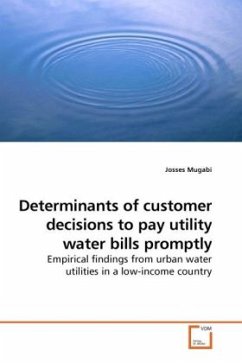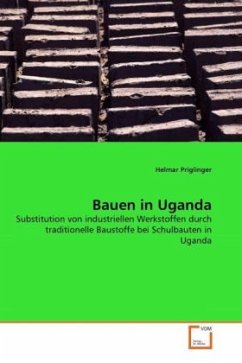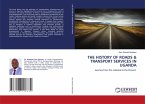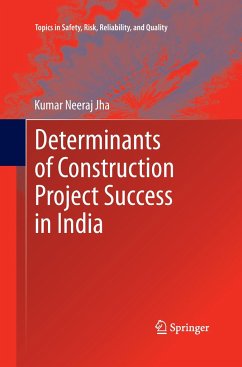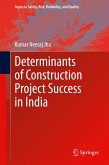Improving revenue collection and minimising 'bad debts' is currently a top priority for utility managers. This study used data from a survey of 505 customers in eight towns in Uganda, to establish the determinants of customer decisions to pay water bills promptly. Regression analysis showed that attitudes, perceived ease or difficulty of paying on time (perceived control), as well as social pressure, strongly influence intentions to pay, which in turn directly affects actual prompt bill payment behaviour. Perceived control was found to reflect both internal and external impediments, many of which relate to service issues that are within the control of managers. The findings also show that customer gender, income, ocupation, and tenure status have significant direct relationships with intentions to pay, but their effects are much smaller compared to the joint influence of attitudes, perceived control and social pressure. Moreover, the effects of gender and occupation are completely mediated by perceived control and social pressure respectively. These results have implications for improving revenue collection through customer-focused initiatives.
Bitte wählen Sie Ihr Anliegen aus.
Rechnungen
Retourenschein anfordern
Bestellstatus
Storno

